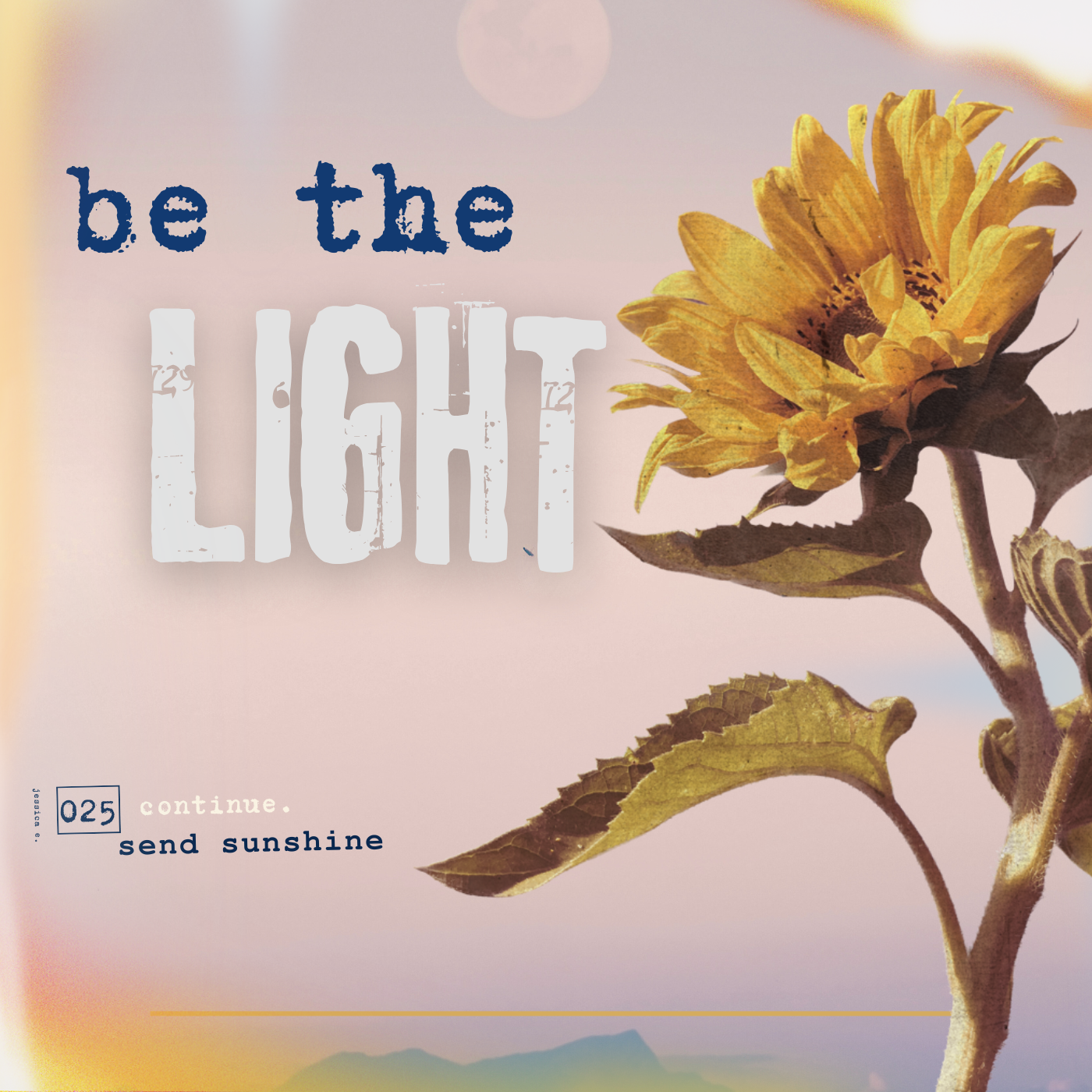April A-to-Z: must-read books
Island (2000)
by Alistair MacLeod
(1936-2014) Saskatchewan
The stories in this collection
were penned between 1968 and 1999 and all bear MacLeod’s patient, precise and
deliberate writing. The stories are circumstantially simple, emotionally
complex, deep and prone to a reader’s thoughtful pondering.
At a writing seminar he explained
his usual method, one devoid of outline. He imagines sorts of people, sorts of
environments and circumstances, and folds them together like a recipe; lets
them interact on the page, each component faithful to its nature, and in the
act of writing, discovers what comes out at the end. This was an excellent
lesson to learn: writing as a sort of lab experiment. It changed me
significantly.
When I cornered him for a
signing, I said without eloquence, about Island, "The family relationships in these stories: they’re so… sad!”
“Oh well!” he said pleasantly.
The tales in Island all involve Cape Breton Islanders in one way or another, and
what struck me heavily, and permanently,
were the familial relationships in the stories, the bonds of family unity which
sometimes nurture and sometimes hinder, and so many struggles around the love they
find so often so hard to show. Of course this is how we are. The burdens of our
lives find their way in between the hearts of every child, parent and sibling.
It is a sober thing to contemplate.
This book is a must-read for any
Canadian.
A passage from The Vastness of the Dark (1971):
“I am perfectly capable of walking home by myself, James,” he said,
looking down at me off the tip of his nose and over his walrus mustache. “No
one is taking me home. I only want company. So you stay over on your side and I
will stay on mine and we will just be friends going for a walk as indeed we
are.”
But then we turned into an alley where he had placed his left arm
against a building’s brick wall and leaned, half resting, his forehead against
it while his right hand fumbled at his fly. And standing there with his head
against the wall and with his shoes two feet from its base he had seemed like
some strange, speaking hypotenuse from the geometry books at school and
standing in the stream of his urine he had mumbled that he loved me, although he
didn’t often say so, and that he had loved me even before I was born.
“You know,” he said, “when I learned that your mother was knocked up I
was so happy I was just ashamed. And my wife was in a rage and your mother’s
parents were weeping and wringing their silly hands and whenever I was near
them I would walk around looking at my shoes. But I think that, God forgive me,
I may have even prayed for something like that and when I heard it I said,
‘Well, he will have to stay now and marry her because that’s the kind of man he
is, and he will work at my place now just as I’ve always wanted.”
Then
his forehead seemed to slide off his resting arm and he lurched unsteadily,
almost bumping into me and seeming to see me for the first time. “Oh God,” he said,
with a startled, frightened expression, “what a selfish old fool! What have I
done now? Forget everything I said!” And he had squeezed my shoulder too
tightly at first but then relaxed his grip and let his gigantic hand lie there
limply all the way to his home.










































No comments:
Post a Comment